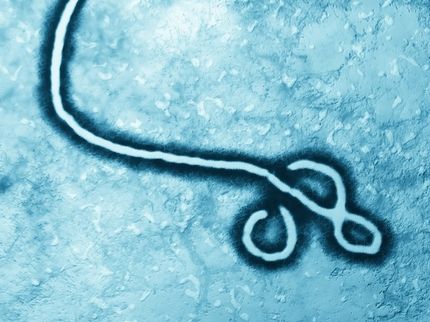Scientists share secret of how our cells make us tick
Advertisement
Scientists have shed light on a key control process within cells that helps ensure our bodies function efficiently. They have defined the shape of a protein molecule at different stages as it performs a key activity within a cell – breaking down sugar to turn it into energy. The findings – which enable scientists to create graphics of the molecular structure at various stages of the process – could prove vital in informing the quest for new medicines.
Scientists hope that this initial development will lead them to gain insights into how the cells in our bodies function appropriately in response to changing needs. Precisely how cells are regulated is a mystery which has puzzled scientists for decades. The findings help to pinpoint how cells control their activities, for example how our heart is able to pump faster when we climb stairs, or how our digestive system breaks down a big meal.
The way proteins communicate within a cell is known as the 'second secret of life' – its importance in explaining the science of living things is ranked by scientists as second only to the discovery of DNA. Scientists reached their findings by studying a protein from the parasite that causes sleeping sickness, which may aid the search for treatments for the disease.
The study, carried out in collaboration with the de Duve Institute, Brussels, is published in the Journal of Biological Chemistry and funded by the Medical Research Council, the Wellcome Trust, the Biotechnology and Biological Sciences Research Council and the European Commission.
Professor Malcolm Walkinshaw, of the University of Edinburgh's School of Biological Sciences, who took part in the research, said: "While this study looked at a protein linked to sleeping sickness, the basic principle applies to all cells, including those in our bodies. This helps us understand how our organs work to perform everyday tasks according to the needs of our bodies, such as how our liver cells process toxins, or lung cells enable us to breathe."
Most read news
Organizations
Other news from the department science

Get the life science industry in your inbox
By submitting this form you agree that LUMITOS AG will send you the newsletter(s) selected above by email. Your data will not be passed on to third parties. Your data will be stored and processed in accordance with our data protection regulations. LUMITOS may contact you by email for the purpose of advertising or market and opinion surveys. You can revoke your consent at any time without giving reasons to LUMITOS AG, Ernst-Augustin-Str. 2, 12489 Berlin, Germany or by e-mail at revoke@lumitos.com with effect for the future. In addition, each email contains a link to unsubscribe from the corresponding newsletter.



























































